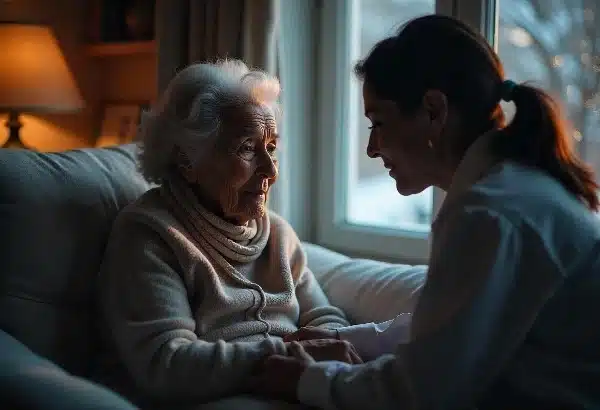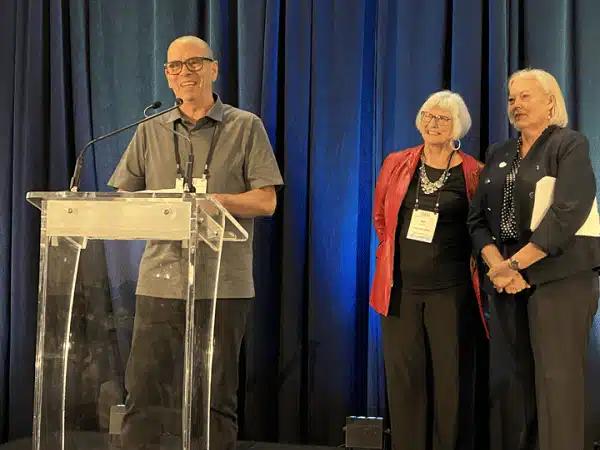 In the essay “Generalist plus Specialist Palliative Care — Creating a More Sustainable Model” Dr Timothy Quill and Dr Amy Abernethy propose that even though specialist palliative care consultations improve quality of care, reduce costs, and may increase longevity that all practitioners should have a core set of “basic palliative skills”.
In the essay “Generalist plus Specialist Palliative Care — Creating a More Sustainable Model” Dr Timothy Quill and Dr Amy Abernethy propose that even though specialist palliative care consultations improve quality of care, reduce costs, and may increase longevity that all practitioners should have a core set of “basic palliative skills”.
Examples of core skills include the ability to identify patient goals, align treatment with those goals, and provide basic symptom management. Examples of specialist skills which require additional training and expertise include negotiating complex family meetings and managing refractory symptoms.
The authors identify a few negatives to referring all dying patients to a palliative care specialist: insufficient specialists to address increasing demand, interference with existing therapeutic relationships, and primary care clinicians being led to believe that basic symptom management and psychosocial support are not their responsibility.
I remember a time when I thought that best care for the dying in Canada included registering all the dying with a hospice palliative care program and providing them with specialty consultation as required. (Currently less than 25% of dying Canadians receive support from a specialty hospice service.)
Over the past decade I have come to understand more about the economic and practical challenges to funding, developing and operationalizing fully staffed specialist programs across Canada, including in remote, rural and urban areas. It would be impossible to provide specialist teams for every individual… but it is not impossible to ensure that all generalists have basic knowledge of skills in providing palliative care.
One example of the generalist nurse providing excellent palliative care is the work being done by Home Care Nurses across the country. Another example is the work being done by Health Care Assistants in providing care for people dying in Long Term Care. Their work has strengthened my appreciation for the role of primary care providers in delivering good hospice palliative care!
Thanks Drs Quill and Abernethy, (themselves specialists in palliative care), for valuing the role of the primary care providers and for identifying a more sustainable model of hospice palliative care.








